Keywords: University Of Melbourne
There are more than 24 results, only the first 24 are displayed here.
Become a subscriber for more search results.
-
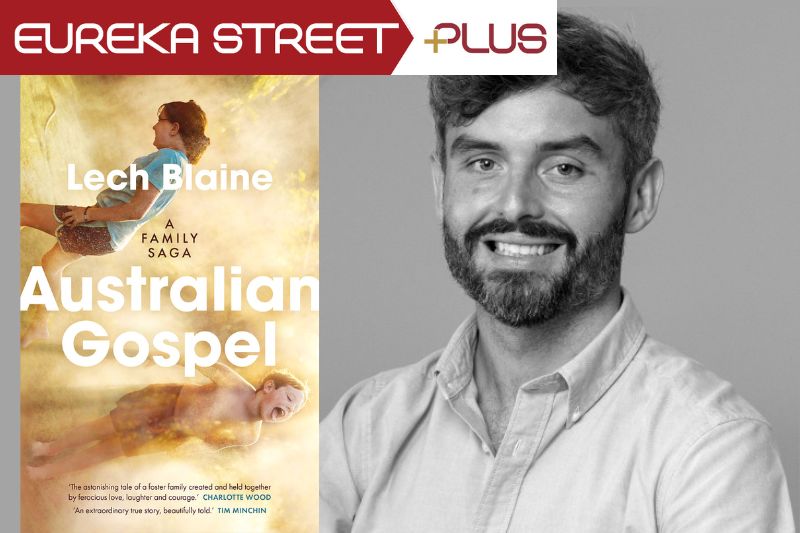
ARTS AND CULTURE
- Ken Haley
- 12 December 2024
Lech Blaine’s Australian Gospel is a quintessentially Australian tale of faith, family, and identity. Blaine explores the fractures of belief and belonging in an effervescent and vivid work of creative nonfiction. But where does the ‘non-’ stop and the ‘fiction’ begin?
READ MORE 
-

AUSTRALIA
- Michael McGirr
- 22 November 2024
3 Comments
There’s this other place that is neither heaven nor earth but which you might find in the car park of the third busiest KFC in Melbourne, waiting for your son to finish his shift. A bin beside the car is overflowing with all the packaging that comes with fast food, not to mention the remains of poor dead chooks whose life it is hard to imagine.
READ MORE 
-
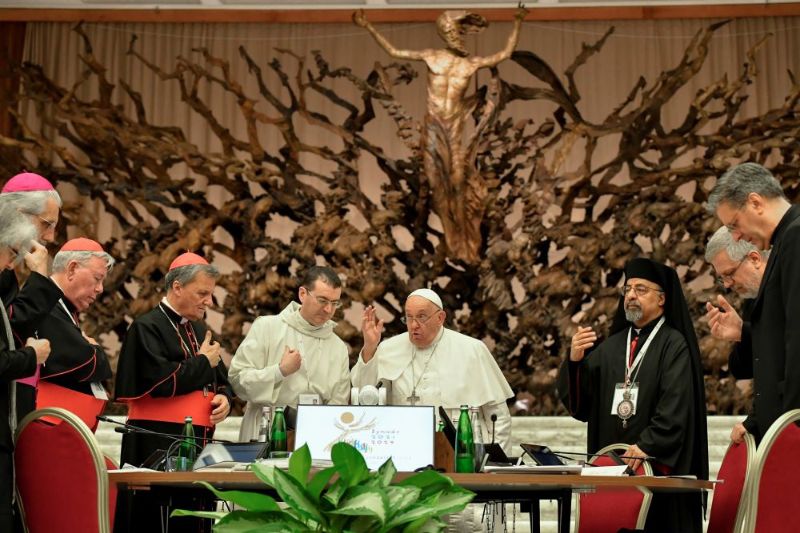
RELIGION
- Bill Uren
- 20 November 2024
7 Comments
Will the recommendations of the Synod on Synodality inspire lasting change or risk losing momentum? With bishops balancing tradition and reform, the coming year will determine whether this moment becomes one of true transformation.
READ MORE
-
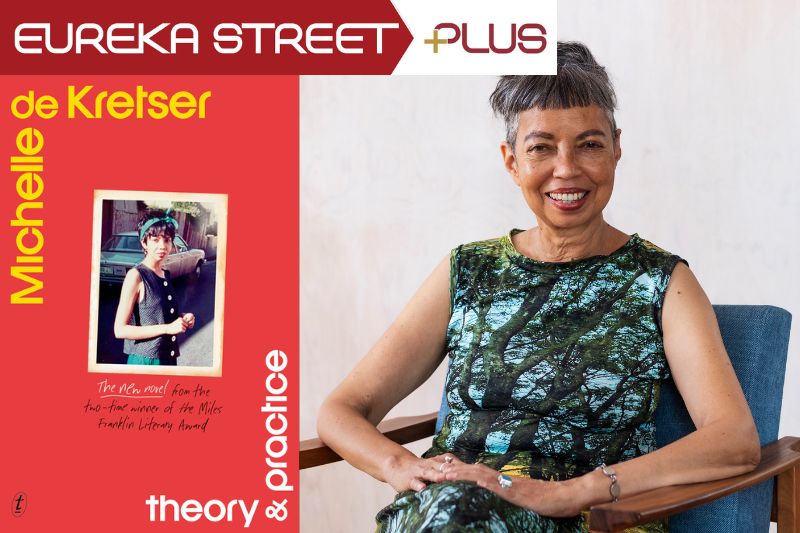
ARTS AND CULTURE
- Michael McGirr
- 15 November 2024
Michelle de Kretser's new book Theory and Practice is a creative combination of fiction and essay, and concerns the moment in which the encounter with literature, a connection with another human imagination, is replaced by something called 'Theory'.
READ MORE 
-
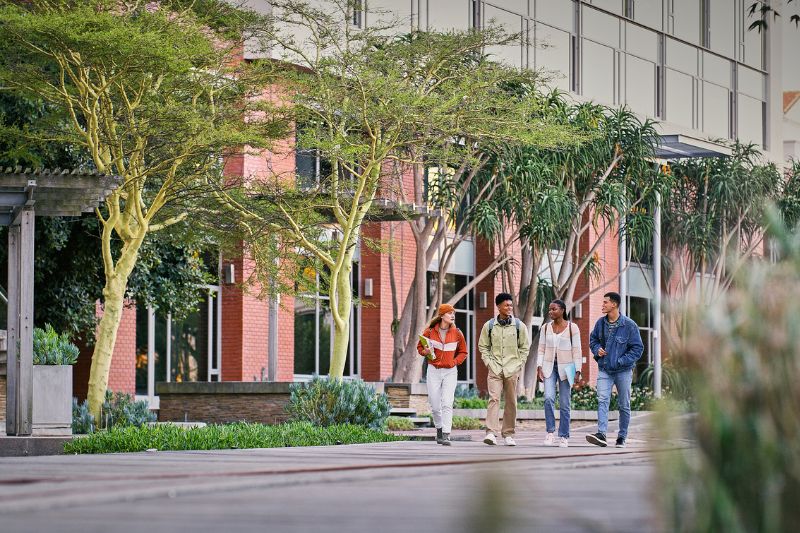
EDUCATION
- Erica Cervini
- 14 November 2024
4 Comments
At an ACU graduation event, students walked out in protest as Joe de Bruyn gave an address condemning abortion, single-parent IVF, and same-sex marriage. The event highlights tensions for Catholic institutions trying to balance traditional Catholic values while also embracing often opposing perspectives a diverse, pluralistic society.
READ MORE
-
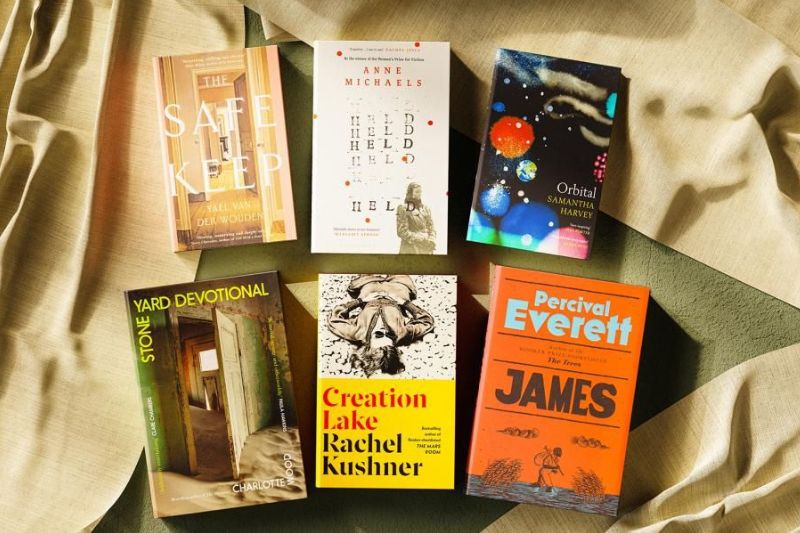
ARTS AND CULTURE
- Gillian Bouras
- 12 November 2024
5 Comments
As the Booker Prize winner is announced, the perennial questions resurface: What does winning truly mean for writers — and for readers? As public values shift, literary prizes ignite fierce debate about artistic merit, cultural relevance, and the commercial impact of awards. Can a prize still shape the future of fiction?
READ MORE
-

RELIGION
- John Warhurst
- 07 November 2024
14 Comments
The Catholic Church recently displayed two strikingly different faces. In Rome, the Synod on Synodality wrapped up with a facade of unity. But back in Melbourne, a Catholic University’s graduation became a battleground over church doctrine and free speech, exposing deep, unresolved fractures within the church.
READ MORE
-

AUSTRALIA
- Erica Cervini
- 03 October 2024
11 Comments
From hostile rhetoric on campuses to targeted attacks against Jewish individuals and businesses, instances of antisemitic behaviour have spiked since last October. Understanding its implications is crucial for safeguarding communities.
READ MORE
-
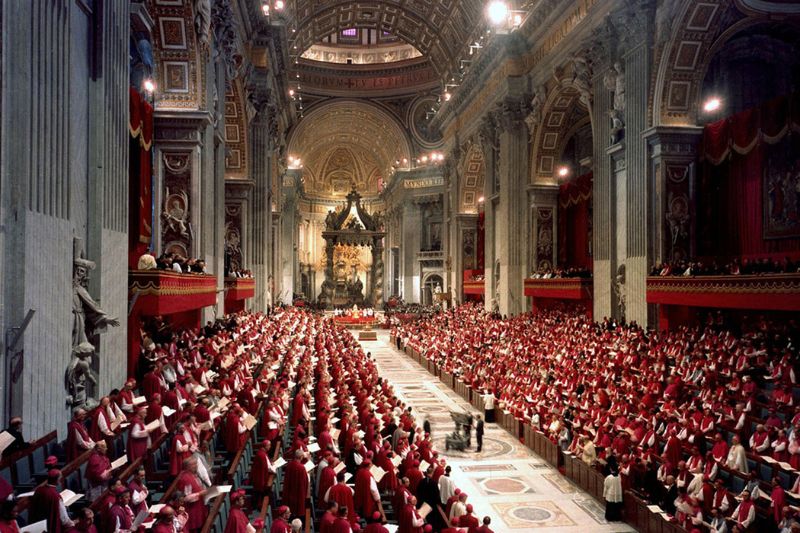
RELIGION
- Bill Uren
- 04 September 2024
6 Comments
The Synod on Synodality begins its second session in October. And while the synodal process may involve consultation, Pope Francis is keen to remind those hoping for reform that teaching authority remains with the Pope and bishops. As the Pope has insisted on a number of occasions, the Church is not a democracy, and the synod is not a parliament.
READ MORE
-
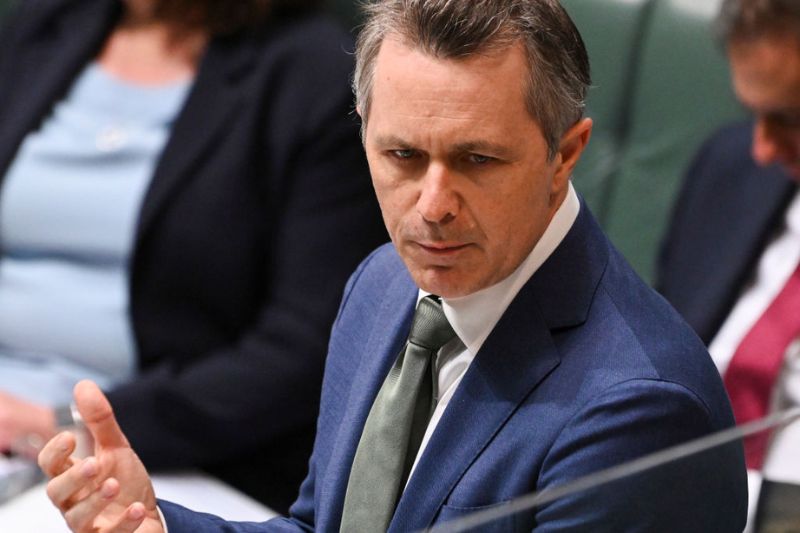
AUSTRALIA
- Binoy Kampmark
- 03 September 2024
The government has imposed a cap on enrolments, sparking controversy among universities. Critics argue this will harm the education sector and exploit foreign students, while supporters believe it will protect the integrity of Australia's education system and address concerns about over-reliance on international student fees.
READ MORE
-
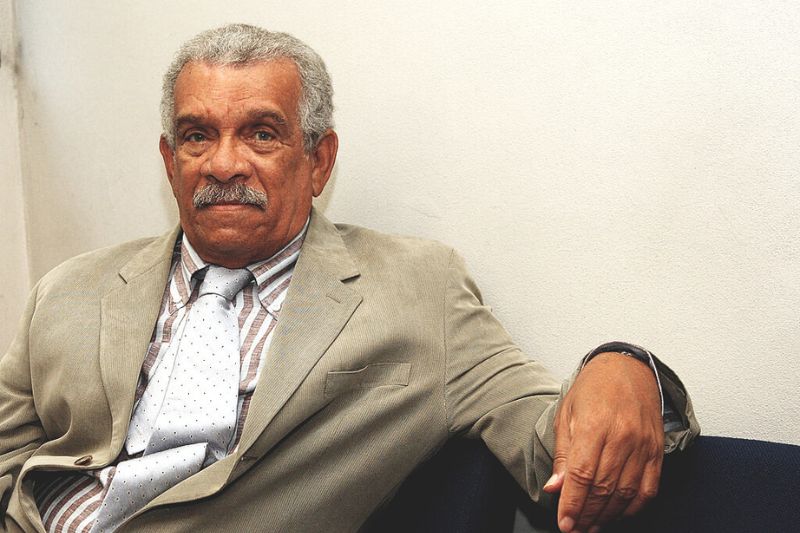
ARTS AND CULTURE
- Peter Steele
- 29 August 2024
1 Comment
Good poetry stops us in our tracks, visited as we are by whatever it is that has stopped the poet in his tracks. This agency may properly be, as in Walcott's case, something stemming from cultural marginality, from a fascination with the dramatic, from an equipoise between the lyrical and the epical, or from the interweaving of all these. (From the Eureka Street archives)
READ MORE
-

AUSTRALIA
- Joseph Camilleri
- 28 August 2024
3 Comments
As Australia faces numerous moral crises from domestic inequality to global militarization, a proposed national charter of principles could to reshape our society and redefine our global role. This declaration would acknowledge Indigenous dispossession, prioritize human rights, and shift focus from military alliances to human security.
READ MORE